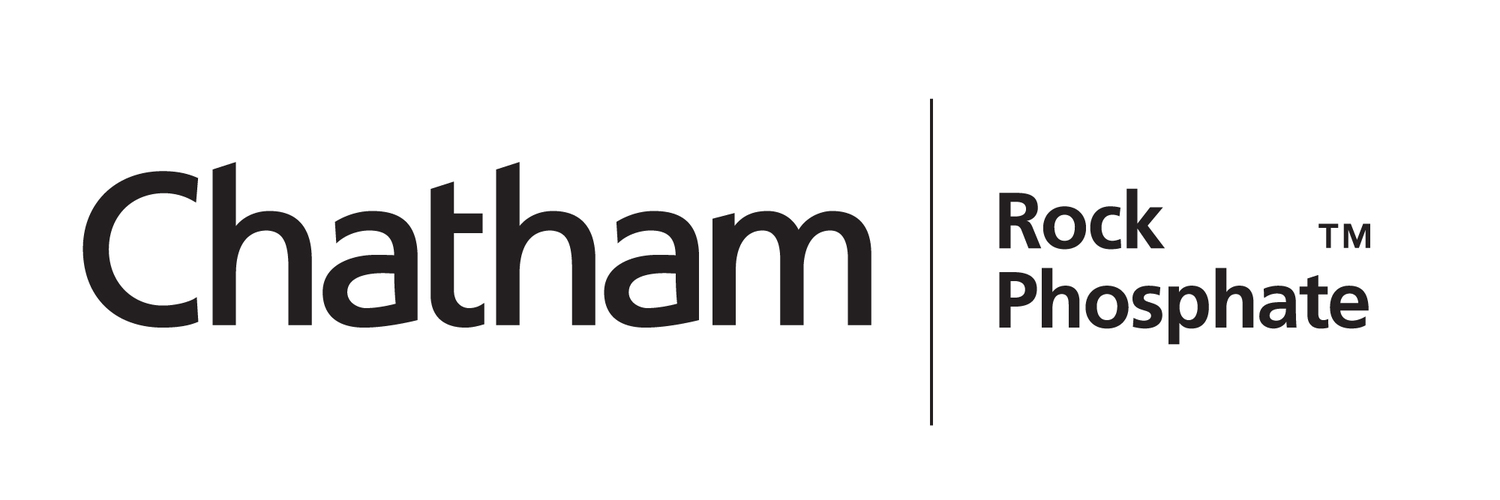Chatham issues August operations update
/Update
August 2014
We’re well on the way
It’s been a hugely busy time at Chatham Rock Phosphate HQ with the team working in a wide variety of areas.
You may be aware we operate as a virtual team with only three people actually spending much time at the Straterra office on the Terrace. The rest of the team works either for other organisations and provide input as we need it, or they work remotely from other parts of the country and the world.
Email and phone are our lifelines. We’re in daily contact with up to 50 people around the world on any day, we’re in weekly phone contact with our technical partner Boskalis in Holland and we’re continuing to share progress with everyone from investors and media to government agencies and other stakeholders.
Marine Consent
Since our marine consent application was accepted as complete at the end of May we’ve been in a flurry of activity. The first step was receiving the first of a myriad of enquiries from the EPA to provide further information or explanation to the hefty 450-page application and its accompanying 35 reports. Sometimes it has involved clarifying something and other times it’s required us to do more work.
As we’ve worked with submitters who have raised questions or potential concerns we’ve also sought more information from scientists or other experts. Since early June the EPA has come back with two more lots of questions we’re busy working on.
In the two months since the application was lodged we’ve had submissions from nearly 300 groups and individuals, of which about a third were in favour, and two thirds not. We were absolutely delighted at the high proportion of support – with these kinds of applications you almost always only hear from the people who don’t like something, rather than those who do.
Significantly the Crown chose to make a detailed (neutral) submission with a very can-do approach – i.e. it suggested ways of overcoming concerns, rather than simply why we shouldn’t do it, just because it hasn’t been done before.
The hearings are due to run mostly over September-October and will be held primarily in Wellington, with sessions also on Chatham Island and in Hamilton, to make it easier for those submitters who asked to be heard.
Marketing
While most of our work is focused on the consent process, there’s a lot of other activity too.
We’ve been thinking ahead to when we are actually in production. A lot of work has already been done on potential markets and we’ve identified at least six countries in Asia that would use our product for four different uses.
Managing that work is our Vice President Sales and Strategy Najib Moutia, a Canadian-based Moroccan who for 30 years worked for the world’s biggest phosphate producer in his home country, building its Asia Pacific business from 0 to 90% market share.
As part of building those potential customers – and to provide some (positive!) cash flow before we get into production, we’re looking at undertaking some phosphate trading. We’re also testing some rock from companies with whom we are building alliances and considering the best uses for those products.
While any trading will be done at the wholesale end – and we see that as our primary market – we are not ignoring the possibility of moving up the value chain.
We know there are hugely greater potential returns in selling small bags of organic direct application phosphate rock from garden centres and DIY stores. So we’re researching what is currently sold and what the potential might be, starting with New Zealand, but also potentially overseas.
We’ve employed a market researcher to talk to the people in the industry on a fact-finding mission. The results so far are fascinating. We’re only at the start of a long process in building our business plan. However we do think there is huge potential for a natural New Zealand product, especially given the rising concerns about the current mix of chemical fertilisers on offer.
Boskalis
The relationship with our technical partner Boskalis continues to be a fantastic asset for CRP. Its 100-plus years of experience in the marine dredging industry and its wealth of expertise in a wide range of areas including engineering and hydronamics are invaluable. Boskalis works in 75 countries around the world and environmental and existing user concerns are always the primary focus. The company has countless examples of how it has designed a way of doing something to anticipate a potential concern – it is simply the way it does business.
Three senior managers including project sponsor and senior executive Ko de Blaeij are coming to New Zealand to give evidence at the marine consent hearings. Ko stepped down from the CRP board recently but remains very involved in the project and will lead our expert panel which guides us through strategic decisions that have a technical focus.
We really value the energy, expertise and continuing support we receive from Boskalis.
We expect to make considerable progress on these and other aspects of our business and will be in touch with more, regular updates.
Chris Castle, Managing Director
chris@crpl.co.nz or +64 (0) 21 55 81 85







 +64 21 5581985
+64 21 5581985 chris@crpl.co.nz
chris@crpl.co.nz PhosphateKing
PhosphateKing